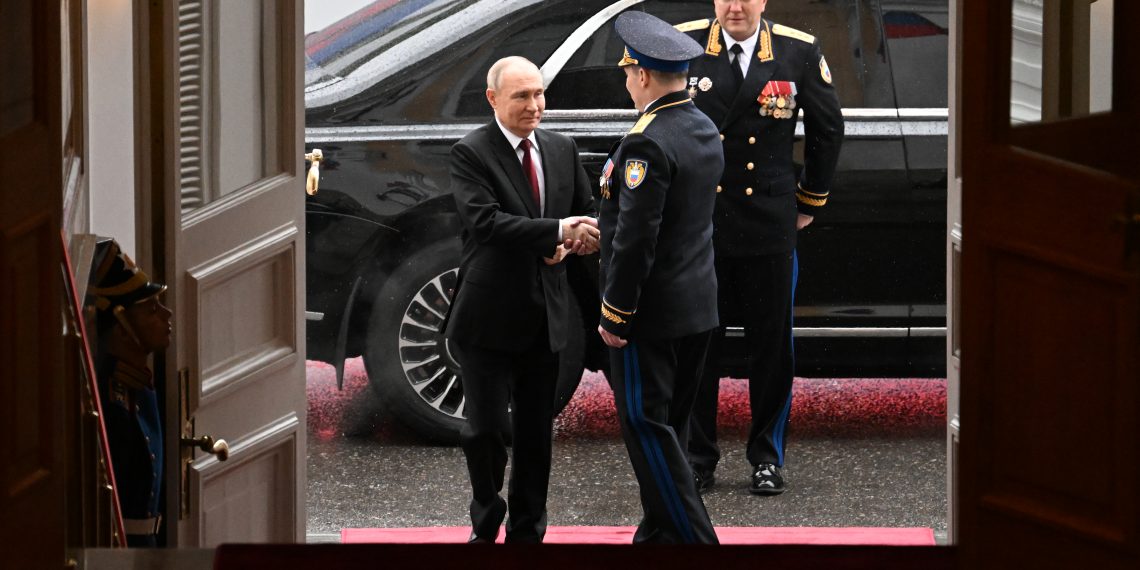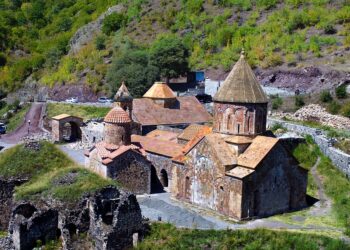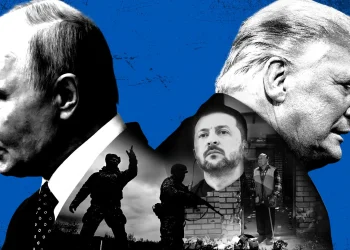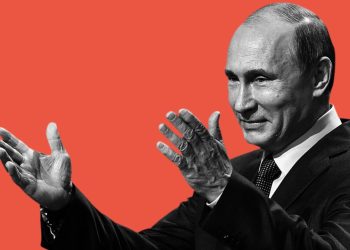MOSCOW (Realist English). The Federal Protective Service of Russia (FSO) is surrounded by even more legends than the Federal Security Service (FSB). It is often described not merely as a bodyguard service, but as the most powerful intelligence agency in the country — a covert overseer of Russia’s entire security apparatus. While there is no official documentation to support this claim today, persistent rumors suggest that the FSO is capable of exercising control even over the FSB. During the presidency of Boris Yeltsin, who reportedly distrusted the “Chekists,” this function did in fact exist, according to eyewitnesses.
But what explains the FSO’s near-mythical reputation? In our view, there are three main reasons.
The first lies in the very purpose of the FSO: to protect the highest-ranking officials of the state. Politics in any country is personal — much depends on the individual. And in Russia, where state authority lies at the heart of national life, nearly everything depends on the person in power. As a result, that individual becomes a sacred, almost divine figure (regardless of their own intentions). Those tasked with protecting this figure, therefore, share in that sacral status — and consequently, in a portion of their political power.
The second reason is the sheer scope of the FSO’s official responsibilities. These are set out in nine core functions:
- Forecasting and identifying threats to the security of protected state officials, and implementing comprehensive measures to prevent them.
- Ensuring the physical security of such officials.
- Ensuring, within its powers, the organization and operation of the government’s special communications systems.
- Participating in counterterrorism efforts.
- Providing protection for designated government facilities.
- Preventing, detecting, and suppressing offenses at protected sites and along official motorcades and routes.
- Managing the functioning of federal information systems under the jurisdiction or use of protective state bodies.
- Participating in ensuring the information security of the Russian Federation.
- Protecting the personal data of state-protected persons and their family members.
These tasks go far beyond the scope of traditional “security” services. Without fulfilling them, the safety of national leaders would be impossible. In this way, the FSO becomes not only a symbol of power, but a real and functioning powerhouse within the security architecture. The agency does not overstep its bounds — on the contrary, it operates strictly within its legal mandate. But that very mandate grants it immense, systemic influence.
The third reason is trust. One either trusts one’s bodyguard or replaces them. Security officers have no political ambitions; they remain close to the individual at all times. Life itself turns them into the most trusted people around their protectee. These individuals may be employed not only for security purposes but also for political missions. Trusted people are few, but the demand for them is high. That is why the FSO has become a key source of personnel for the political system. Among the notable examples are Aleksey Dyumin, Sergey Mironov, and others.
What conclusion can be drawn? The FSO is one of the most powerful intelligence services in Russia. Within its formal authority, it possesses enormous influence. In the country’s security establishment, the FSO plays a role akin to that of the presidential protocol service within the administration — a structure that appears purely technical but functions as a vital institution of power.
The myths and legends surrounding the FSO are nothing more than a reflection of this hidden power. If the agency’s power were overt, there would be no need for myth.
By Dmitry Zhuravlyov, Scientific Director of the Institute of Regional Problems


















